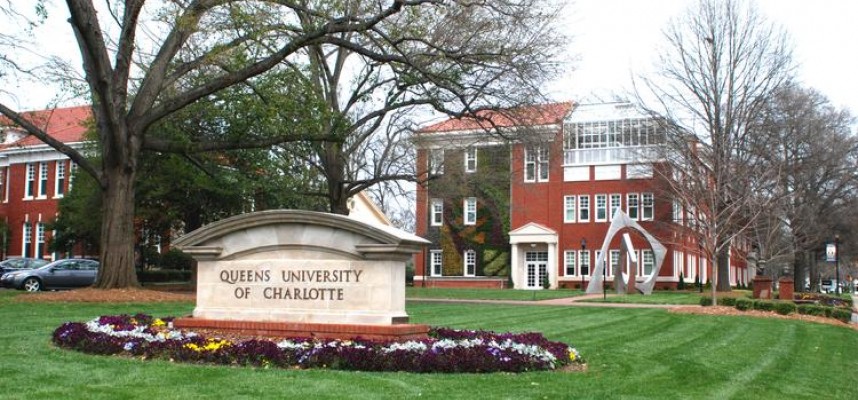
Q: How has the MFA credential helped advance your career? Have you been able to quantify it in terms of more money made, more work, etc.?
Val Nieman: My Queens MFA was truly life-changing.
Cliff Garstang: The value of the MFA is the community, more than the credential and more than the skills.
And I think it’s hard to dispute that connections can be valuable in the business.
Jim Walke: [My MFA] had an unexpected side benefit: I’m the only member of the research faculty at VT, as far as I can tell, with an MFA.
The rank requires a terminal degree and I had one, so that bureaucratic box was checked. (I write and manage research grants at a scientific institute.) I got my MFA for the community and the feedback, and I’m very happy with what I received in return for my time and money. I went to a low-residency program, which worked well for me because I don’t have interest in teaching writing as a career.
Beebe Barksdale-Bruner: I never heard of a terminal degree until after I got one.
It was just plain ol’ learning for me. I was interested in dissecting poetry and what makes it work and if I could do it. I didn’t even like poetry. I looked up haiku in the dictionary and wrote one and said to myself I’m ready to learn more. I am a curious person. I was too old to be making a career of it. I don’t like that word “terminal” because I am as we all are. I like poetry a little more now. I don’t understand why airports are called terminals.
Mary Akers: My MFA didn’t do anything for my writing that I couldn’t have gotten being on a forum like Zoetrope.
But I didn’t know about Zoetrope at the time (learned about it through a fellow student in my MFA program). I would regret having borrowed/spent all of that money (which, ten years later, I still haven’t even half paid off) except it’s where I met so many wonderful people and worked with some great writers. But the learning could have taken place any number of ways–reading, workshopping, attending conferences. My MFA also forced me to produce work on a schedule, which was good. However, I’d already written a novel (now a doorstop) while raising three kids, so I didn’t exactly need that push, either.
Tracy Crow: I didn’t go after an MFA with a teaching goal in mind.
After finally completing a BA in creative writing at 42, I just knew I hadn’t gotten all I needed about the craft of writing. Along the way, I fell in love with teaching, thanks to the workshop model offered at Queens. I held a visiting position at the University of Tampa for nearly three years. In the end, however, the provost marshal denied me a more permanent position, preferring to search for someone with a PhD in Creative Writing. Apparently, schools are ranked on their number of “terminal” degrees, and she no longer considered the MFA the terminal degree in Creative Writing. I’m afraid we’re likely to see more of this… But, I’ve been teaching for two years now at Eckerd College, where my MFA is considered a valuable terminal degree for our Creative Writing program, in terms of SACS accreditation. The other two full-time faculty hold an MA in English.
